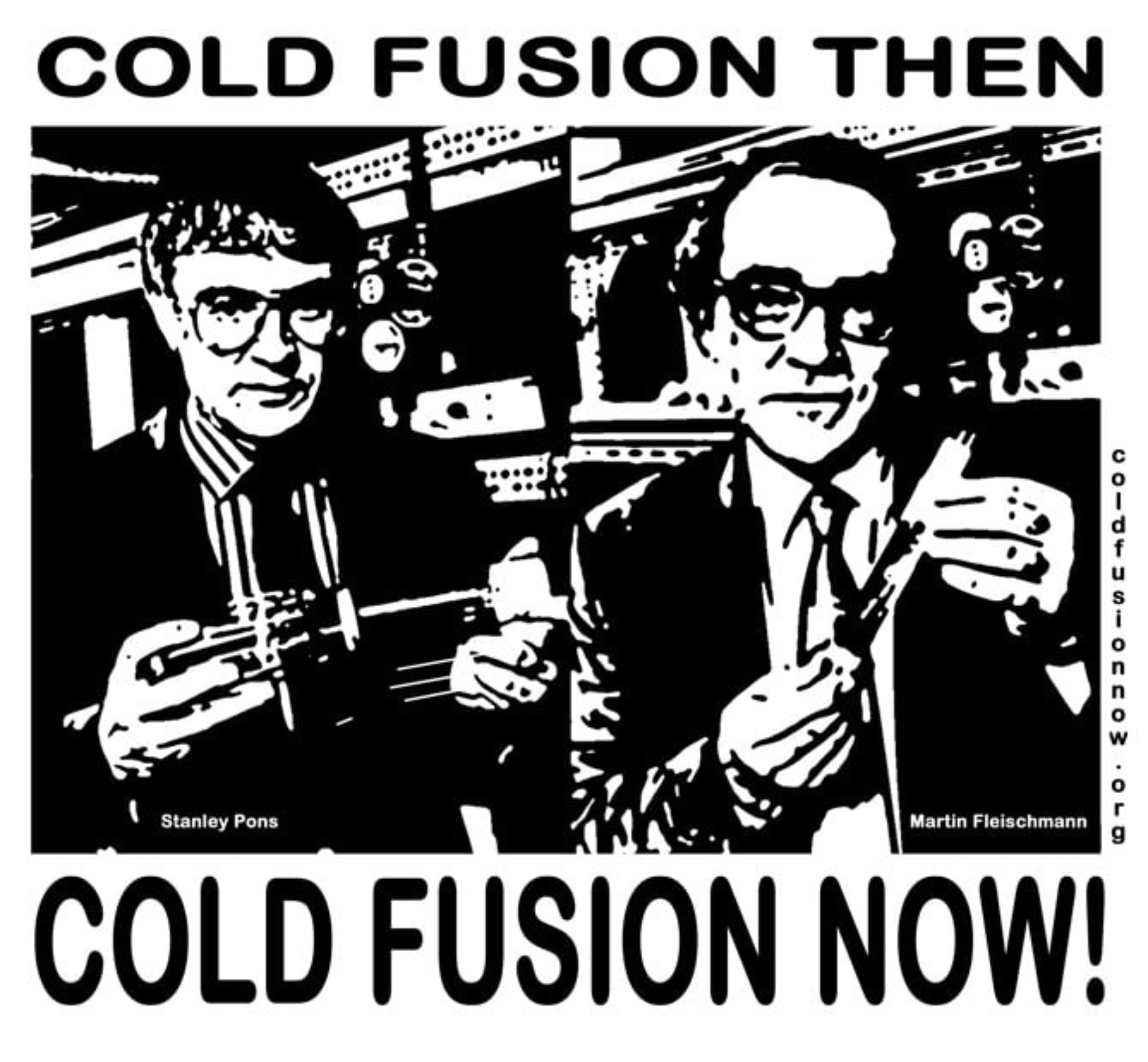I think that people do not understand Science, I know that I don’t and so I have been trying to rectify that matter by reading, amongst other things, Thomas Kuhn, The Structure of Scientific Revolutions. Kuhn and his paradigms may not be hip anymore, but that is unfortunate for the hipsters, for he still deserves the attention of anyone wondering how science works, or in some cases, how it doesn’t work.
Kuhn gives an example of an investigator asking a physicist and a chemist whether helium was a molecule. Both answer without hesitation, but with different answers. The chemist says that it is a molecule “because it behaved like one with respect to the kinetic theory of gases.” But, the physicist said that a helium atom was not a molecule because it displayed no molecular spectrum.” Kuhn continues, saying:
“Presumably both men were talking of the same particle, but they were viewing it through their own research training and practice. Their experience in problem-solving told them what a molecule must be. Undoubtedly their experiences had had much in common, but they did not, in this case, tell the specialists the same thing.” (Structure of Scientific Revolutions, 2nd ed., pp. 50-51; original investigator James K. Senior)
So here we have, in appearances, the violation of the law of non-contradiction, that ‘X is both Y and not Y’ at the same time. Of course, it only presents a problem if we do not recognize that each of these scientists has a specialization, and that their claims are due to their approach to the topic which stems from that same specialization. There is no conflict because it is understood that they are approaching it from different ways of looking at the problem. In their own realm of expertise, Helium is or is not a molecule. Even though they both probably believe themselves ultimately right on the issue (because their way of looking at the phenomenon is for each of them more productive), there is no conflict because they would recognize that the other had also given a reasonable answer based on scientific theory.
What is the comparison to cold fusion? Well, there are two sets of scientists that deal with cold fusion. There are those who are not specialists in the field of cold fusion because they deny that there is anything to specialize there. In a field (physics) where all expertise is in the form of specialization, they are saying; ”trust me, I am a scientist. I know about all things scientific. I know what I am doing.” Or what is just about as bad, “I am an expert in hot fusion and therefore an expert in cold fusion as well, which incidentally, does not exist.” I mean, I am joking, but the same time there is something chilling;) about people who investigate something they believe does not exist.
And, there are those who specialize in cold fusion. In a way I admire their bravery. They do not seem to have a comprehensive theory of what is happening when the phenomenon commonly known as cold fusion is going on. They have no laws to which they can appeal when conversing with other physicists, because they are on the cutting edge. I understand that until recently, they could not even create the phenomenon at will. They are just starting out in their specialization. They are at the beginning of the exploration of the field of low energy physics. They do, however, have a valid, if nascent area of specialization, even if it is unrecognized the naysayers. It would be nice if we let them play with their puzzles (as, indeed, all scientists do, nothing wrong with that) free from outside interference.
In fact, it is not despite but rather because they admit that not everything is understood or under control, that I trust in the honesty of their reports and believe they should be supported in their endeavors. From what understand, there is something going on there with the Deuterium/Palladium and the Hydrogen/Nickel set-ups and I hope that they can get to the point (sooner rather than later) where they can tell us what exactly is happening. It’s great that cold fusion can produce energy, but I am just damn curious about what is going on at the subatomic level.
